
Killing the Change Agent
By John Atkinson. Living systems act to preserve their identity. If you perturb them they try to remove the source of perturbation. In short, if you try to change them, they try to kill the

By John Atkinson. Living systems act to preserve their identity. If you perturb them they try to remove the source of perturbation. In short, if you try to change them, they try to kill the
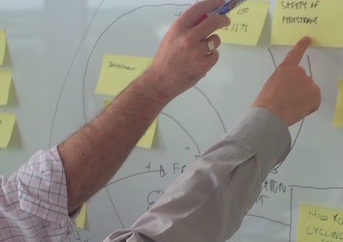
Certain statements about problems are likely to be rendered false or meaningless if it can be shown that the problem is actually wicked,

We are all familiar with cultural change programmes. Sadly most of them are more like ‘Culture Change Pogroms’. They ask people to conform or go. If you don’t fit the new norm there is no

Whenever you try to reduce a complex dilemma to a binary issue you are wrong. The ‘Leave’ or ‘Remain’ question asked of the British people this week was therefore always incomplete. Politics in its most
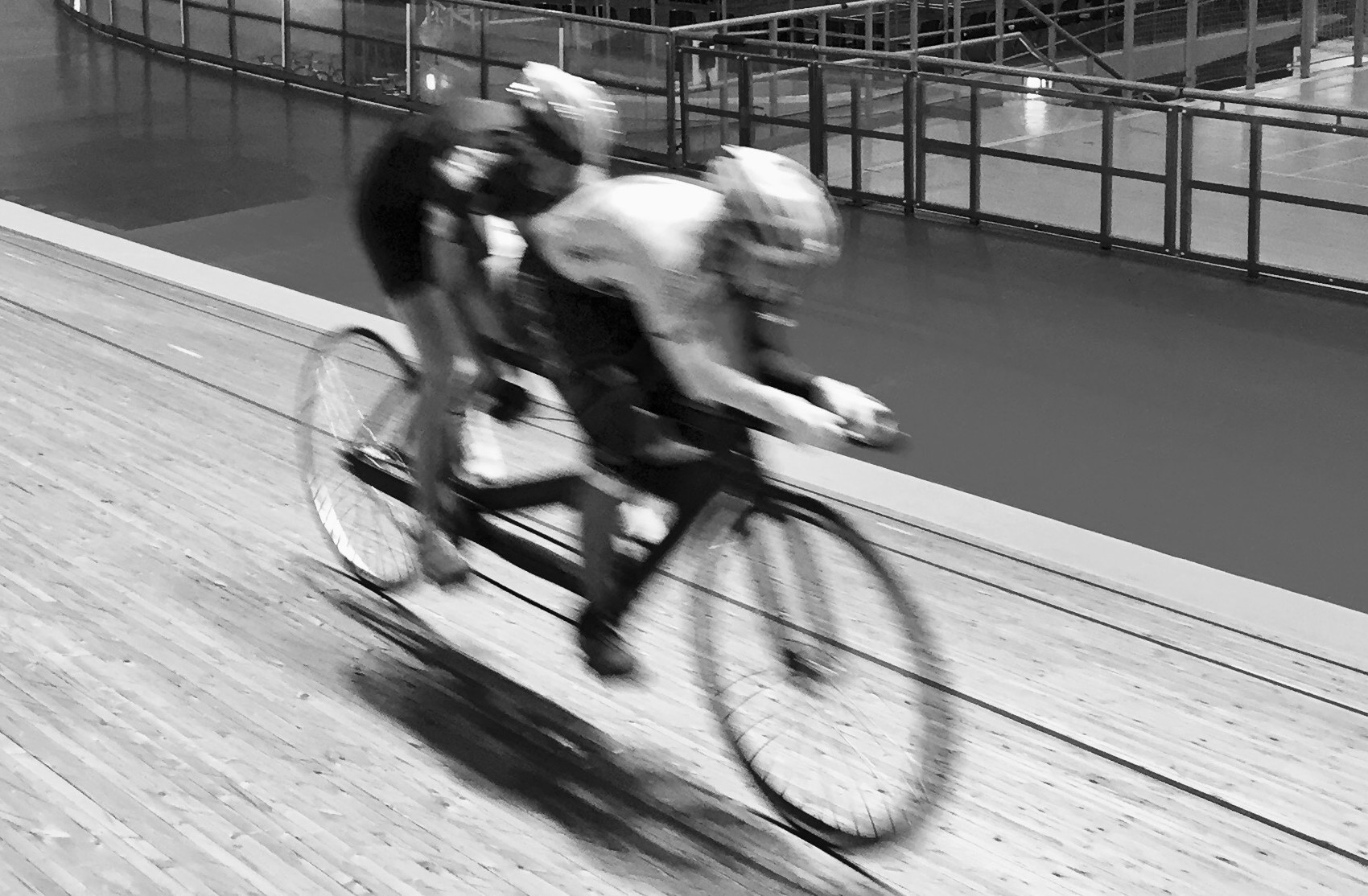
Are you good enough to lead? Is there a problem in your organisation? Are you a senior person in that organisation? Have you been there any length of time? If the answers are yes then
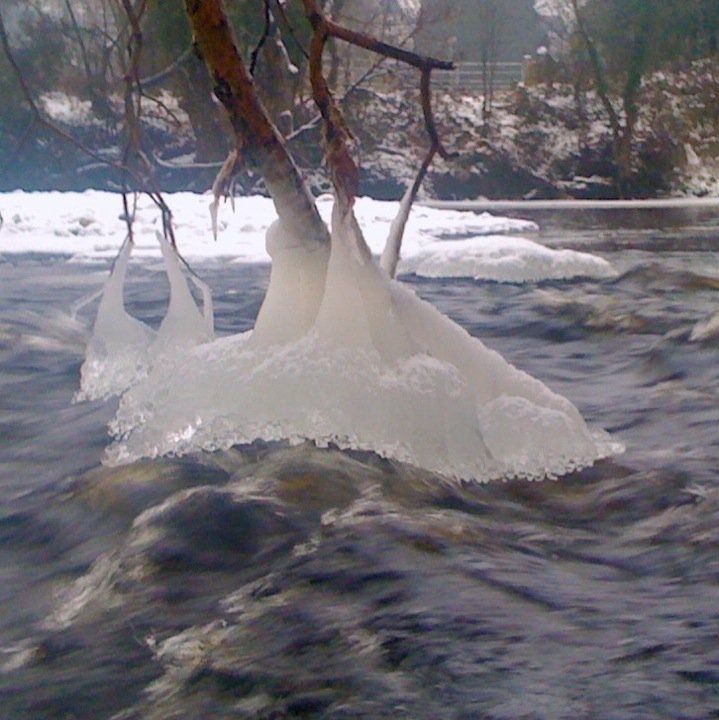
Sometimes we think we've got it cracked, finally found the answer, discovered the insight, the key that unlocks everything. In such moments we might be reminded of the words of Donella (Dana) Meadows. Myron Rogers

From John Atkinson. I get repeatedly asked about the difference between working with the ecosystem (or human system) and working with formal organisations. For me this is largely a perceptual difference and yet perception is

When we don’t consider people’s lives in context, in their entirety, we design policy that manifestly fails. People on health related benefits are invariably suffering deeply yet we design inappropriate and simplistic policy to address
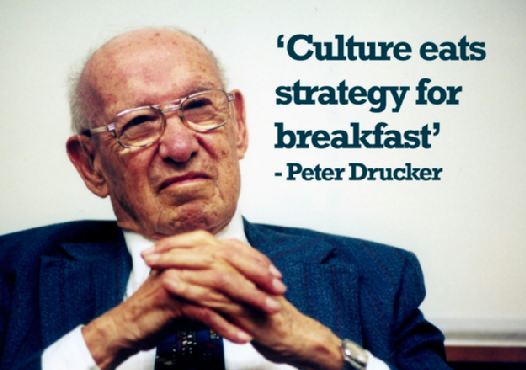
By John Atkinson Peter Drucker is credited as saying that ‘Culture eats strategy for breakfast’. It is certainly manna from heaven for those who love working in the cultural field of change. However it wasn’t
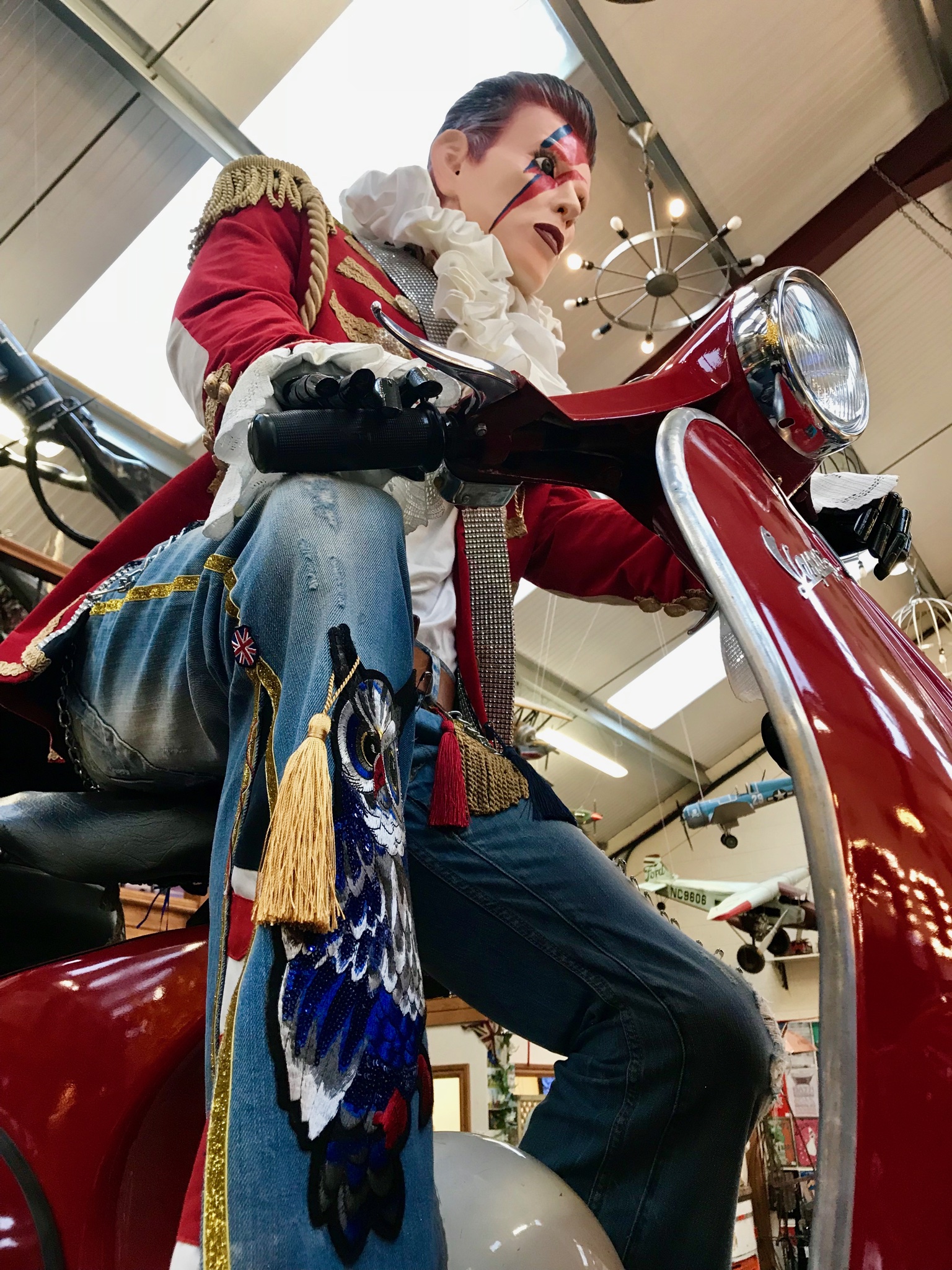
Does how you respond get conditioned by who asks the question? In what circumstances? In what environment? Do you always answer exactly the same or do you change it? Understanding and forming identity is a

When you consult to a system who is your client? How do you know if you are doing the right thing? What constitutes doing good here and who decides? You cannot please everyone all the

what happens when your organisation is so evidently getting it wrong that people are suffering, that their work is becoming meaningless? What do you do then? Can you continue to ask for this loyalty? Should

Exploring using' clever' algorithms as a way of interacting with and even as mechanisms for distilling change from within. It's curious perhaps that here we see algorithms used as disruptive technology, with the potential, albeit
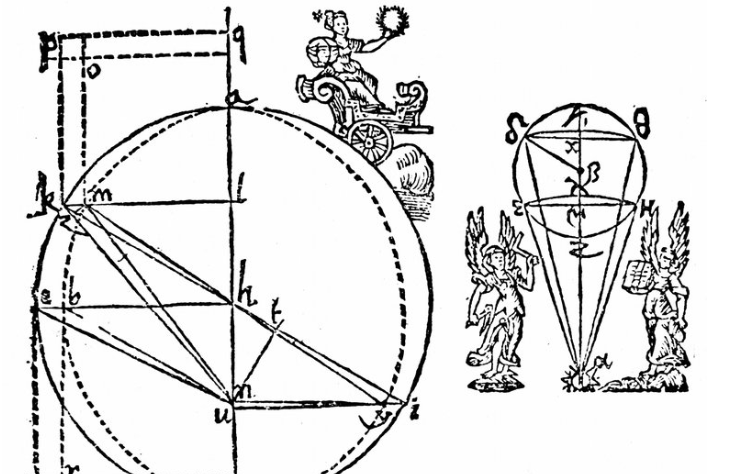
Why are the results of science considered more reliable than those from other forms of human inquiry, like poetry or philosophy?
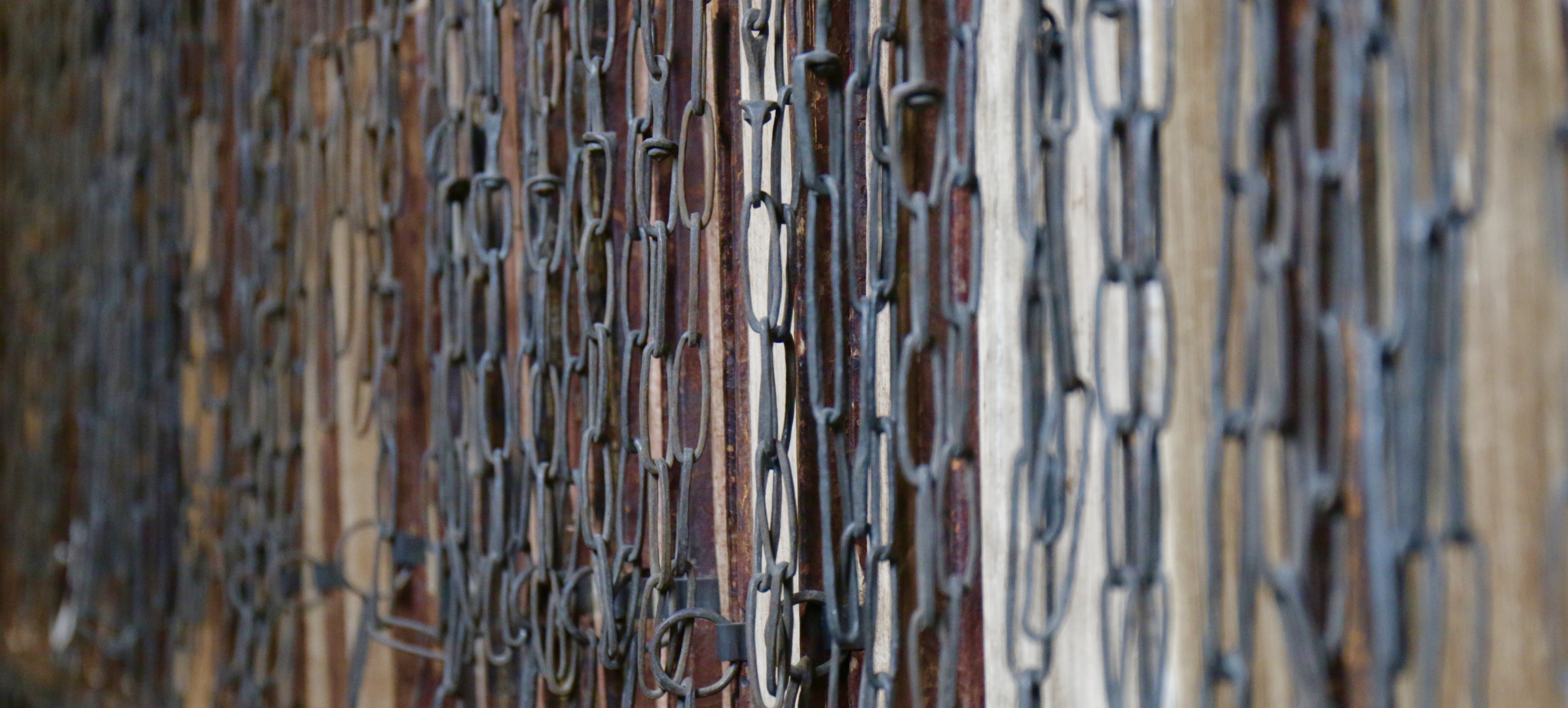
By John Atkinson. If we genuinely believe the world to be a complex place, we need to consciously embrace that complexity, not suppress it. Once we do this, we realise we cannot resolve our activity